
- Article
- Article
Happiness in time
Trying to define happiness is like trying to grasp water: it evades us, constantly changing and becoming evident only in retrospect.

- Article
- Article
When you can’t return home
Migrants and refugees cannot choose to return home, so homesickness becomes a profound and long-lasting feeling. This powerful force infuses migrant cultures, and is rarely given the serious attention it warrants.

- Photo story
- Photo story
Portraits, from a distance
Join photographer Michelle Sank on her daily walk around Exeter. Strength, frustration, resilience and eccentricity all show in these candid images portraying life under the constraints of coronavirus lockdown.

- Article
- Article
The tale of the toxic kidneys
In 1954 a serendipitous coming together of skills and circumstances allowed the first successful organ transplant to take place. Read how Richard Herrick’s life was prolonged by his identical twin’s generosity.

- Article
- Article
The case of the cancerous stomach
Steak and schnitzel were on the menu again after Theodor Billroth successfully excised a woman’s stomach cancer in 1881. Remarkably, today’s surgeons still perform the same procedure, with slight modifications.

- Article
- Article
Father of the house
Stuart Evers thought he’d shaken off his family’s rigid definition of masculinity. But when he became a dad, those buried patriarchal ideas made an unexpected return.

- Article
- Article
Rose Mackenberg’s deceptive activism
Discover how a New York private investigator became part of Houdini’s mission to expose the fraudulent mediums making money from their vulnerable, grieving clients.

- Article
- Article
Are doctors medical detectives?
Do doctors really identify medical conditions in the same way that detectives solve crimes? Neurologist Jules Montague makes her diagnosis.

- Article
- Article
Illuminated manuscripts, illuminating medicines
From rare bugs to exorbitantly priced plant parts, find out more about the artistic and medical uses of pigments from the past.
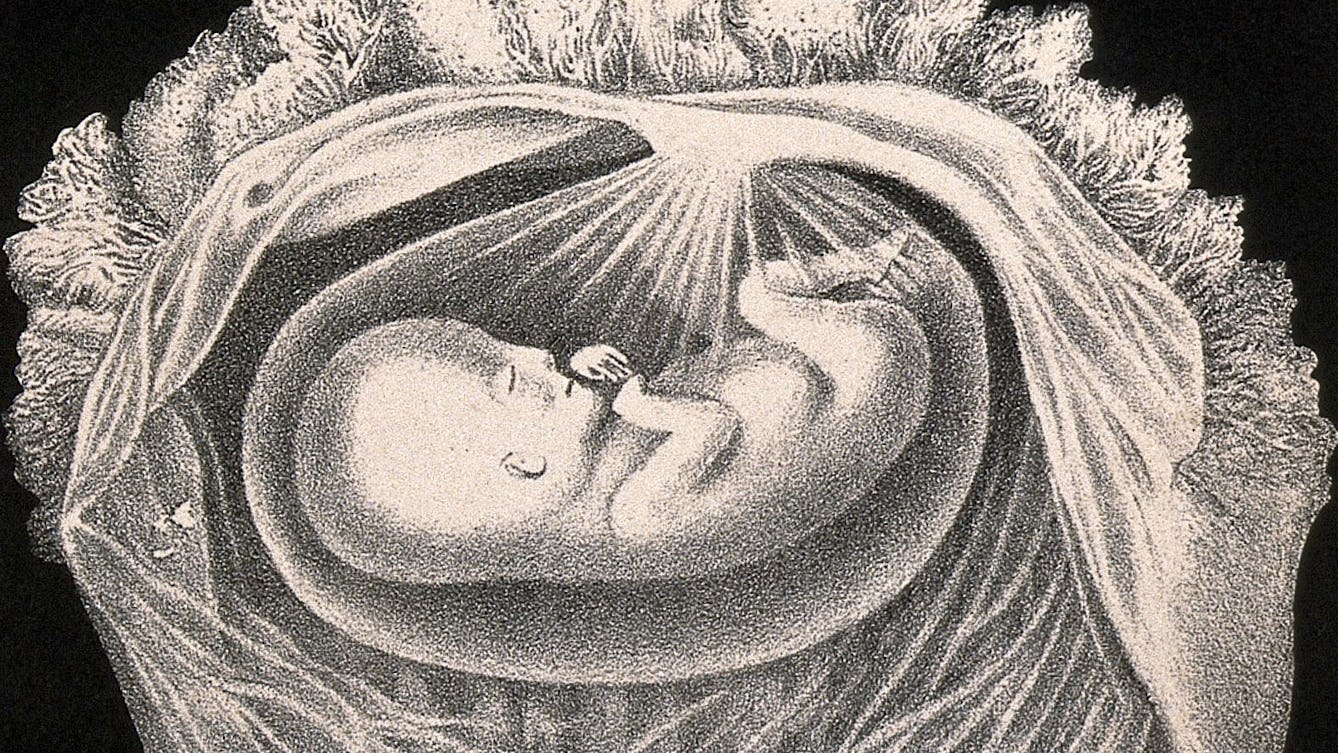
- Article
- Article
The quest to breed gifted children
If you had the chance, would you choose a genius baby?
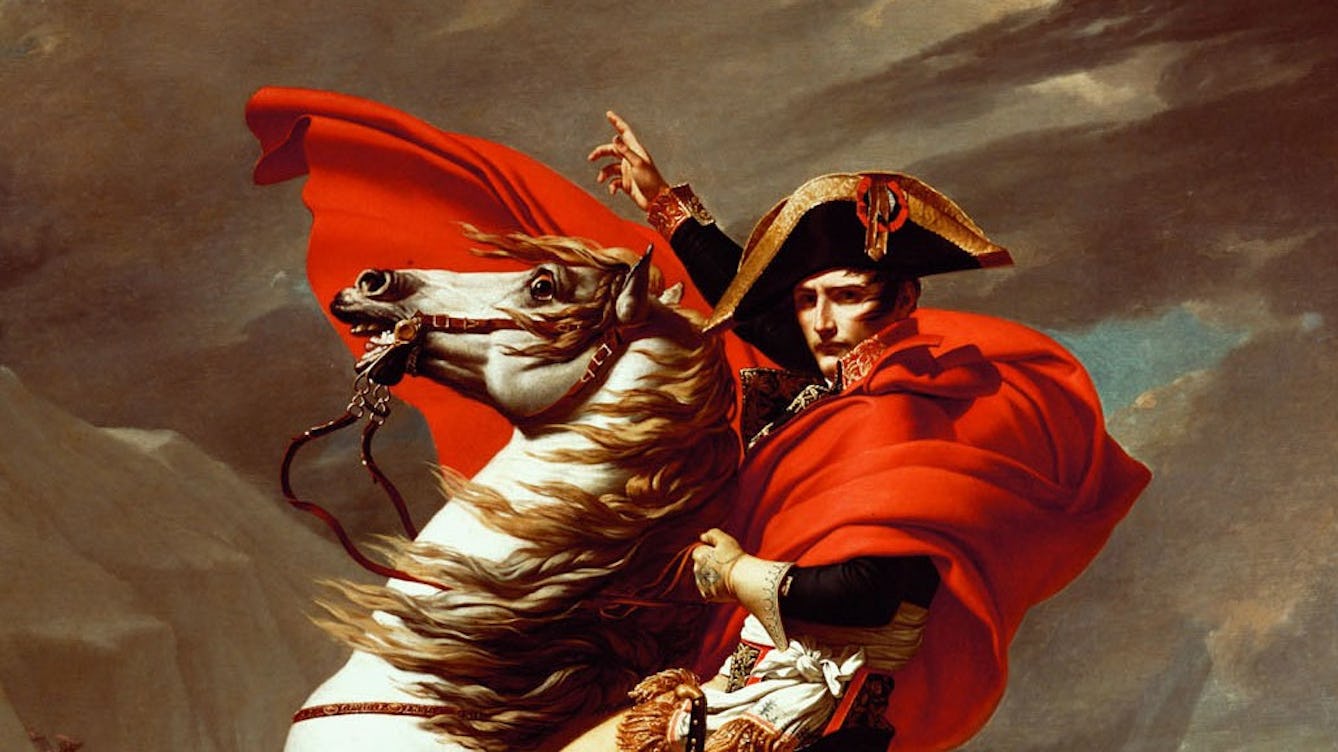
- Article
- Article
Political brilliance and the power of self-promotion
How do you convince people you’re exceptional? Meet the ultimate self-styled genius.

- Article
- Article
When monarchs healed the sick
Our current Queen fortunately doesn’t have to spend hours laying hands on the sick to cure them. But it was a different story for monarchs of the early modern era, whose touch was a sought-after treatment for scrofula.

- Article
- Article
The extraordinary body of Evatima Tardo
Darling of 19th-century American freak shows, Evatima Tardo remained serene as she withstood crucifixion and the bites of poisonous snakes. But she took the secret behind her abilities to her grave.
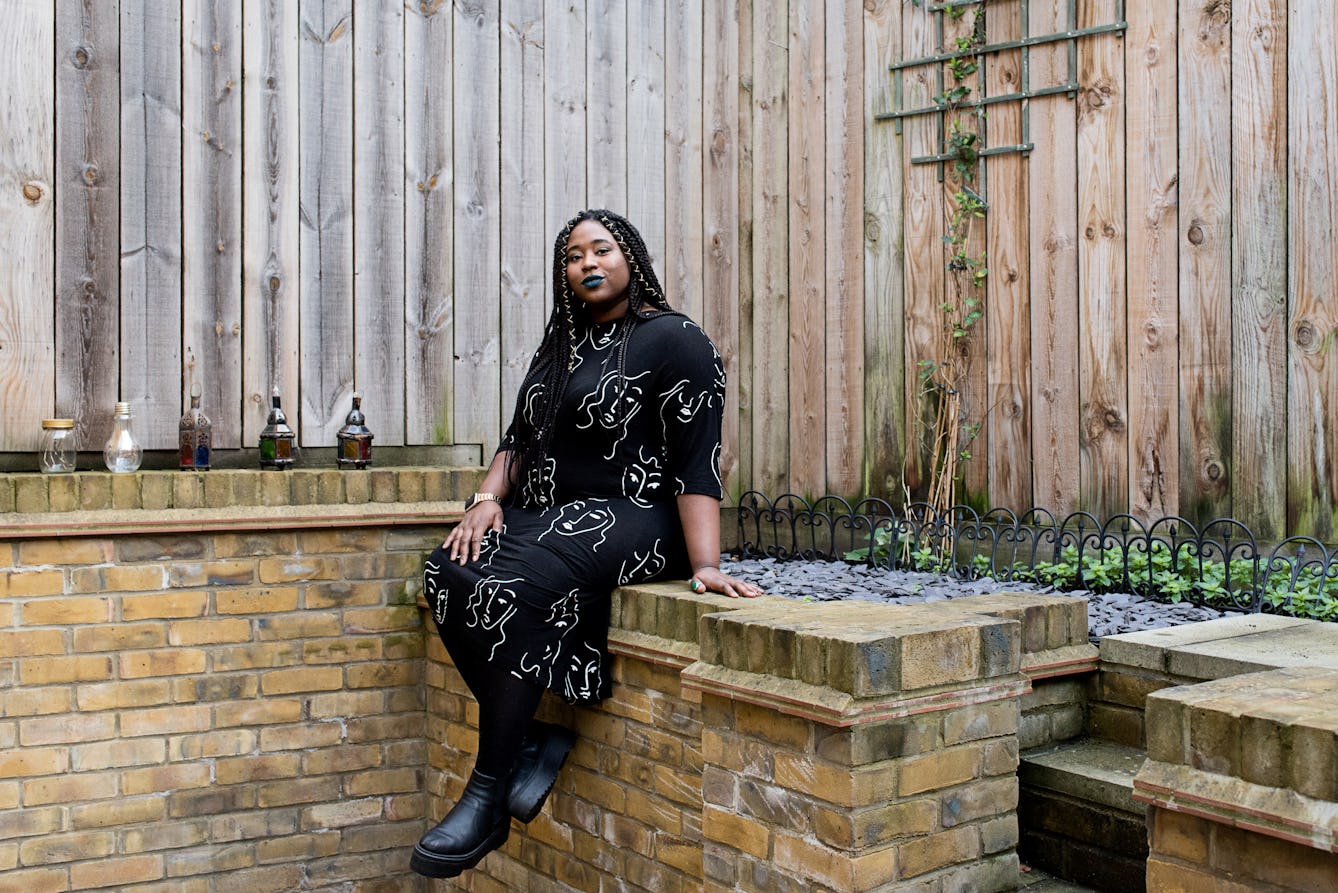
- Article
- Article
How the mental health system fails Black people
Accessing mental healthcare as a Black woman can be a challenging experience. Rianna Walcott shares her story, alongside those of three other women, to reveal the barriers she faced.
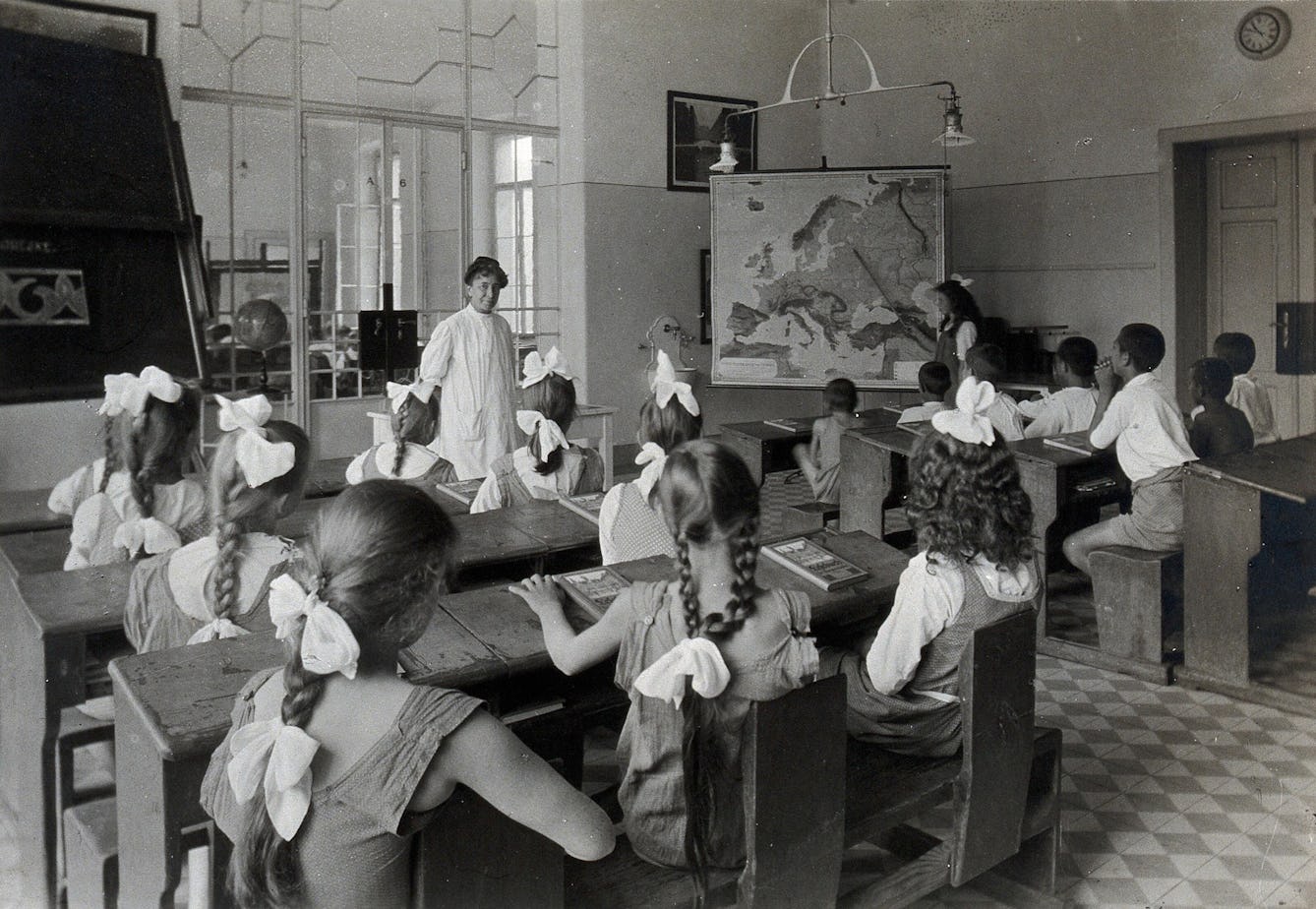
- Article
- Article
The law of periodicity for menstruation
Dr Edward Clarke's Law of Periodicity claimed that females who were educated alongside their male peers were developing their minds at the expense of their reproductive organs.
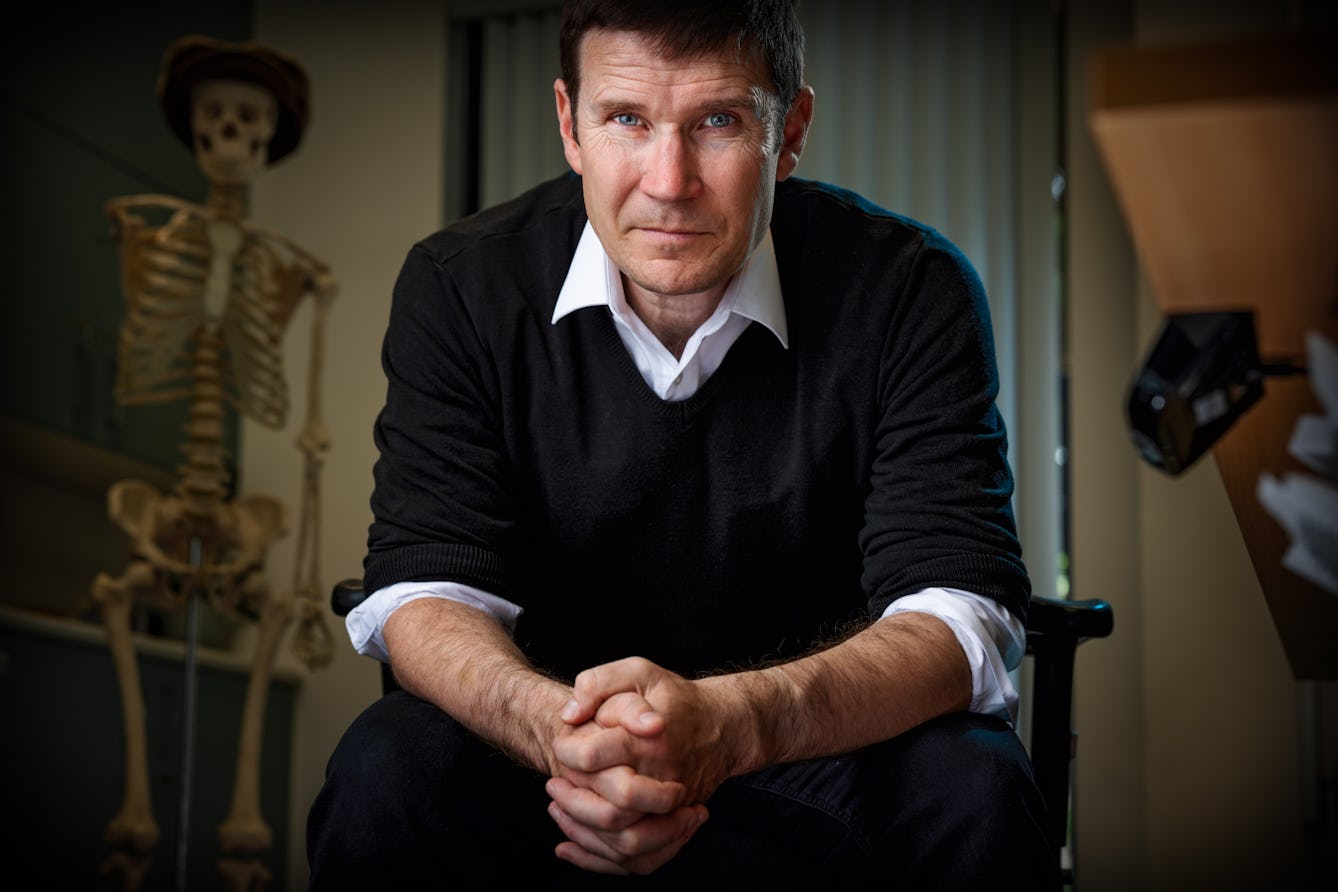
- Book extract
- Book extract
Why the NHS is worth saving
In this extract from his latest book, ‘Free For All’, Dr Gavin Francis poses challenging questions to be addressed if a health service that’s free for all at the point of use is to remain possible.
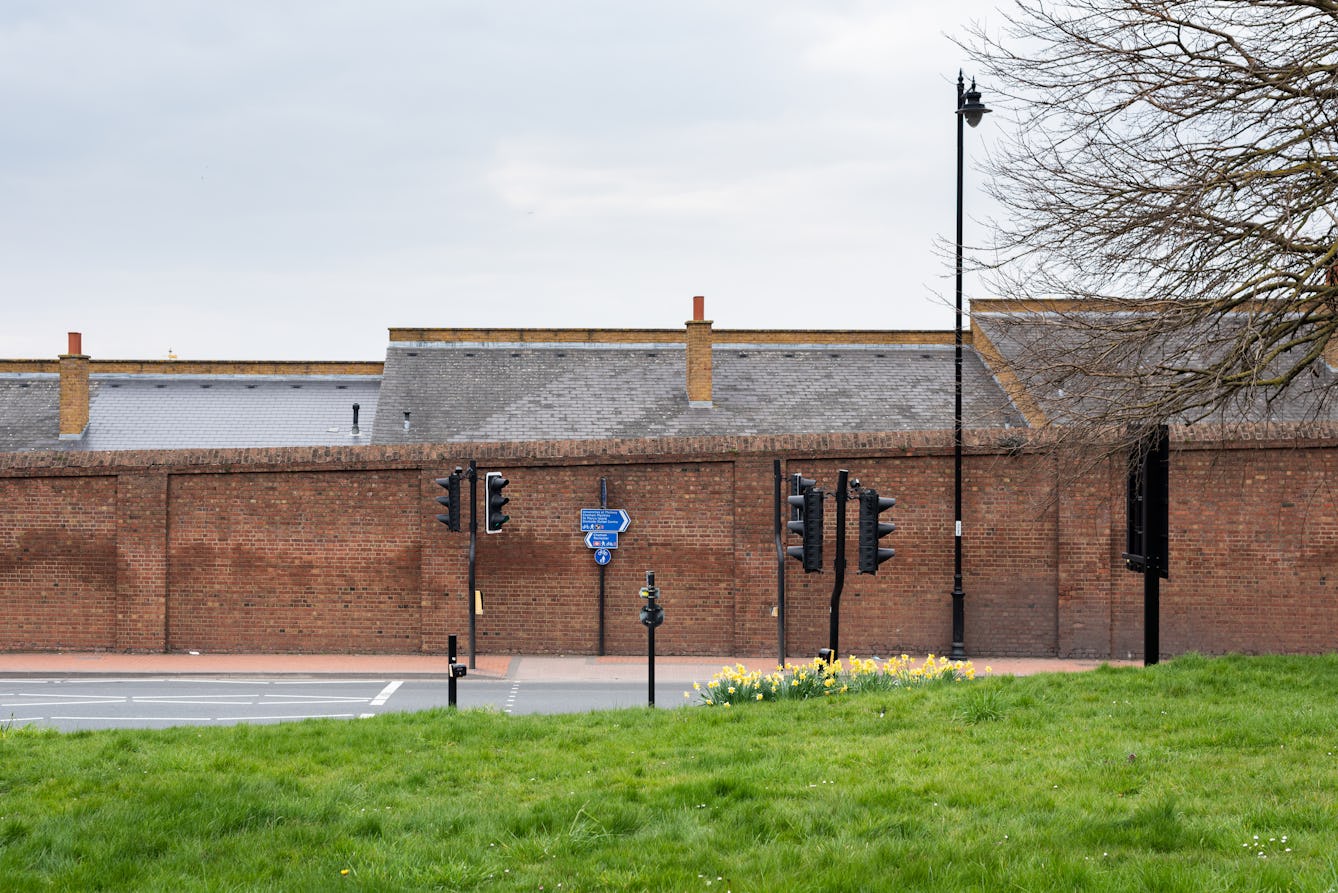
- Article
- Article
Chasing spring
Isabella Kaminski reflects on a transformative journey that saw her cycle the length of the UK, tracking the first signs of spring. She explores what the changing seasons can tell us about ourselves and the climate crisis.

- Article
- Article
Caring for our Disabled daughter in lockdown
Jane Holmes talks about the challenges of caring for her Disabled daughter while working and trying to stay safe during the pandemic.
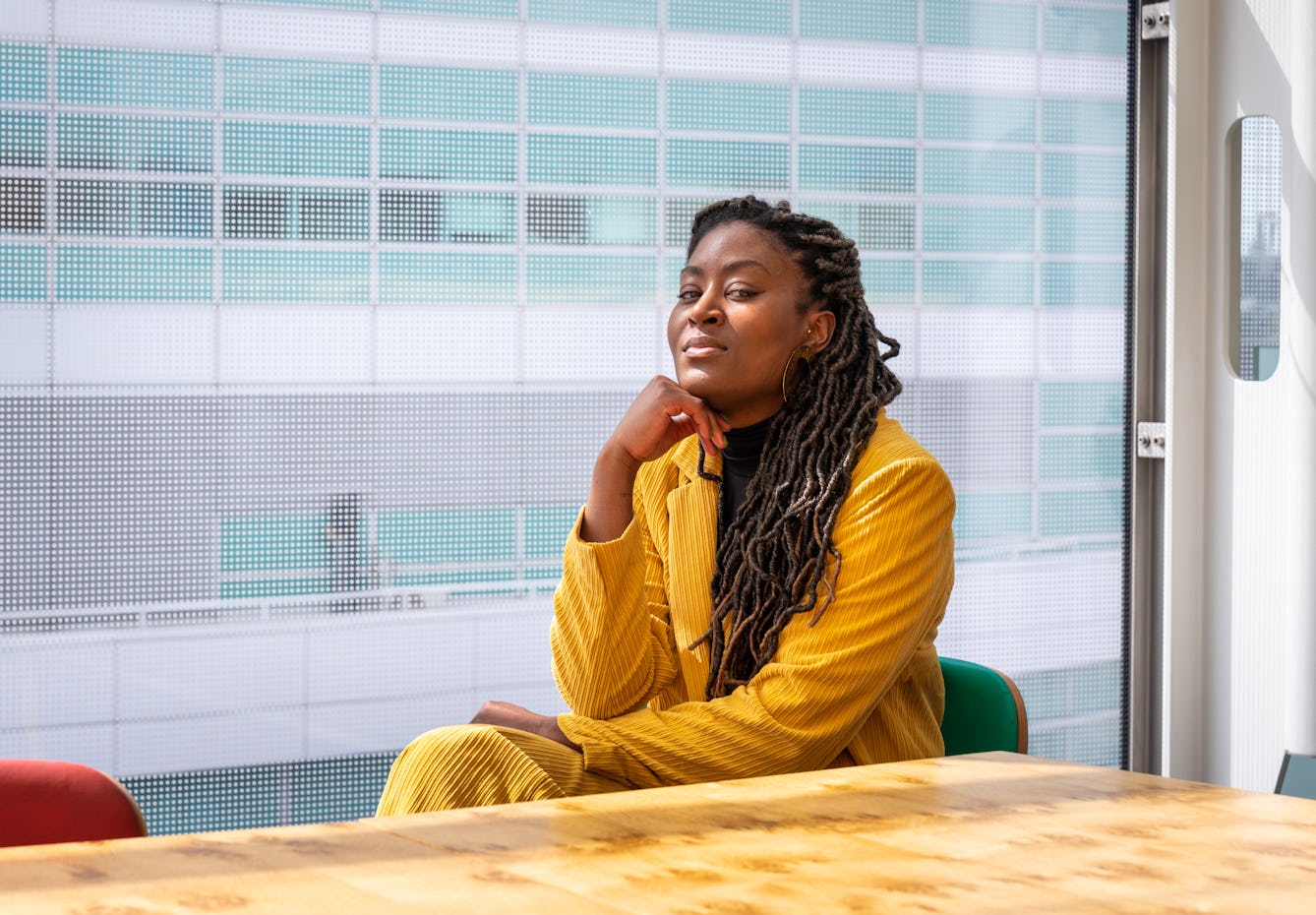
- Book extract
- Book extract
Why we need to decolonise healthcare
In this extract from ‘Divided’, Annabel Sowemimo describes the way her nana’s stroke and hospitalisation heightened her awareness of the need for us all to advocate for the health of others.
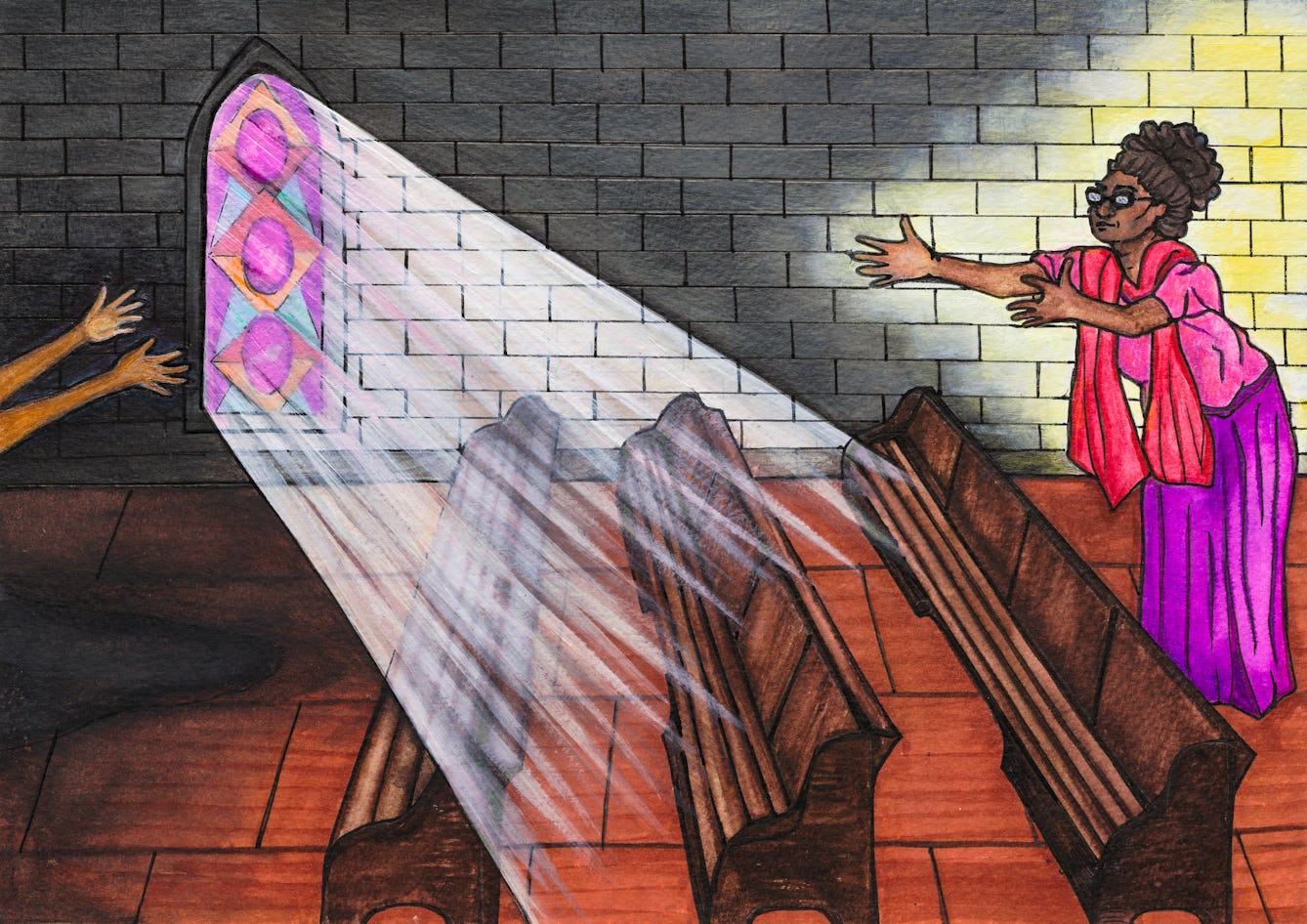
- Article
- Article
Religion and mental health
At a time of extreme distress, Jamila Pereira found that the faith she had relied on was failing her. Here she describes how she found other ways to begin healing and finding happiness.

- Article
- Article
Natural eating in Jamaica and the Caribbean
Riaz Phillips is passionate about the Jamaican food he grew up with and plant-based Caribbean food he came to later, like roti, baiganee and vegan stews and curries. Here he explores the origins and surging popularity of these natural ‘health foods’.

- Article
- Article
Chemotherapy-day drawings
Undergoing treatment for bowel cancer, artist Clare Smith produced around 70 abstract drawings while sitting in the chemotherapy chair. She reflects on how creativity can bring respite in a crisis.

- Photo story
- Photo story
The man who remembers everything
Tilney1 can remember his life in minute detail, but can’t control the incessant intrusion of thoughts and images from the past. As cuts to mental health services isolate him more and more, a crisis approaches.

- Article
- Article
Yoga gets physical
Modern yoga owes a debt to the physical culture movement that created a world obsessed with health and fitness.
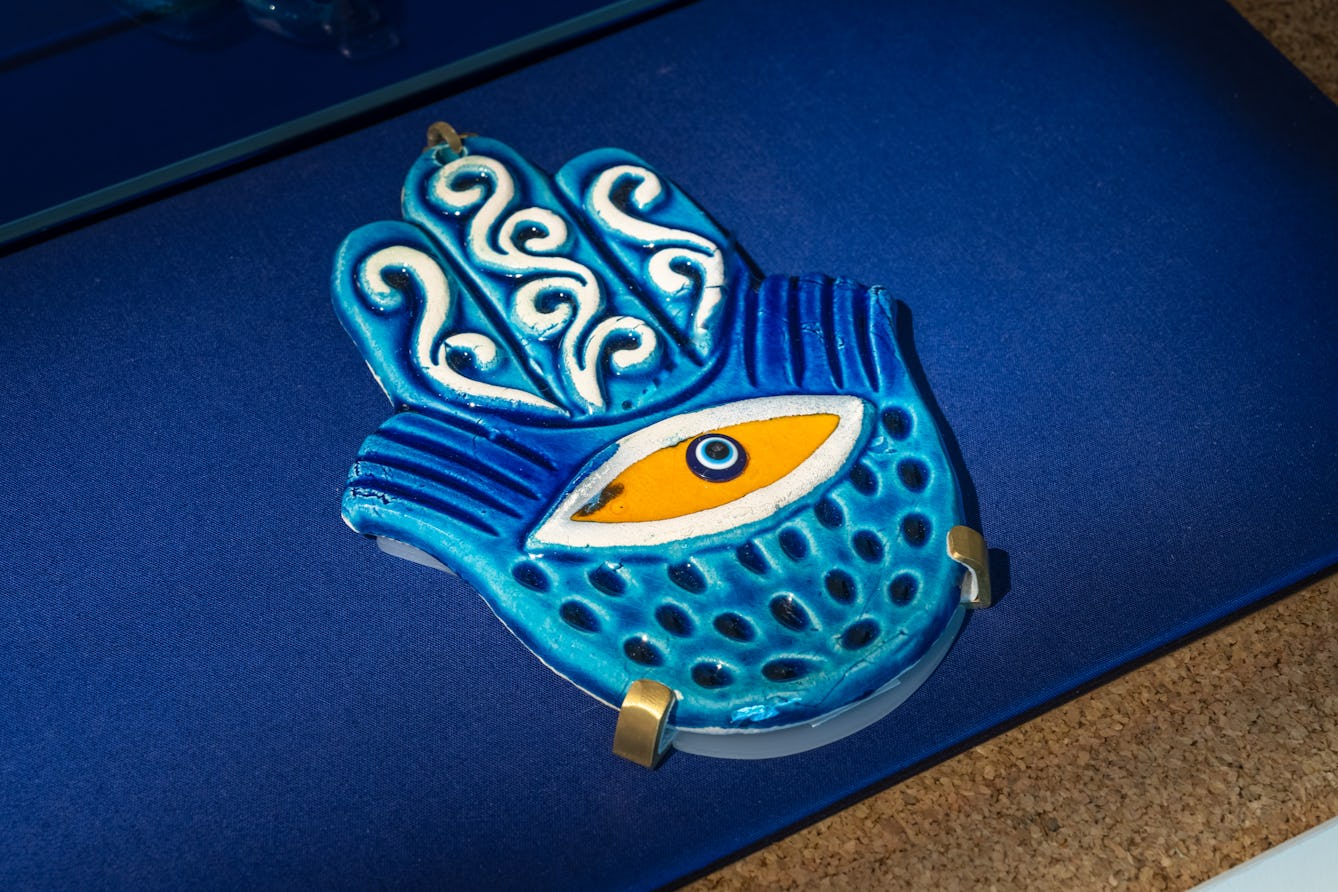
- Article
- Article
The evil eye and social anxiety
The ‘look’ of the evil eye is believed to bring bad luck, illness or even death. This ancient curse might be deliberate, inflicted with an envious glare, or it could be accidental, the result of undue attention or excessive praise.